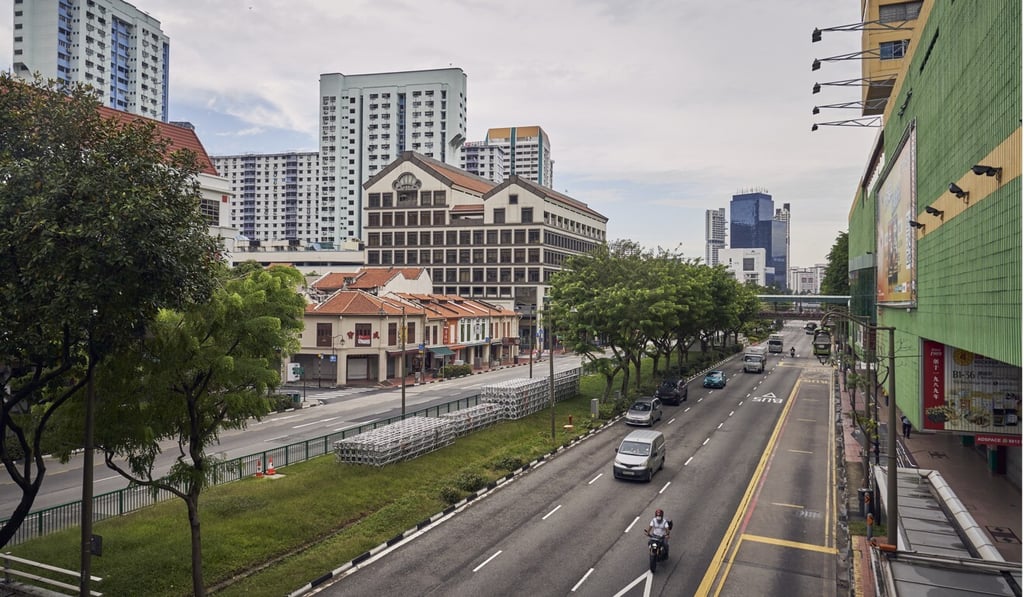Singapore will from September remove quarantine requirements for vaccinated travellers from Germany and Brunei, in a signal to the world it is cautiously reopening while managing the Covid-19 threat.
By trading its previous Covid-Zero approach for a new policy of “Covid resilience”, the city state is setting itself apart from neighbours that are either still grappling with rising caseloads or are pressing on with an elimination strategy that comes with its own set of costs.
Speaking to Bloomberg on Friday, Transport Minister S. Iswaran said the government’s thinking was that the sooner society learned to live with Covid-19, it could adjust “protocols … and processes to return to normalcy as much as possible”.
“If we don’t do that and if we’re waiting for an eradication type of approach it might not be possible given the way the virus is mutating,” he said.
But what exactly does “Covid resilience” entail?









